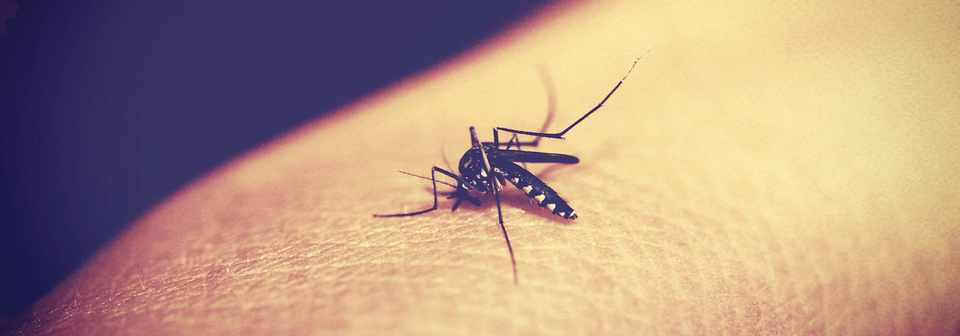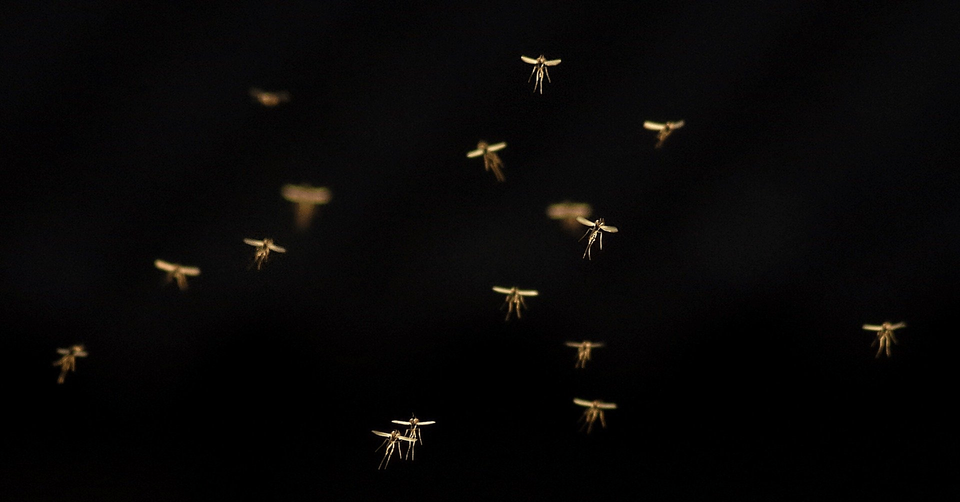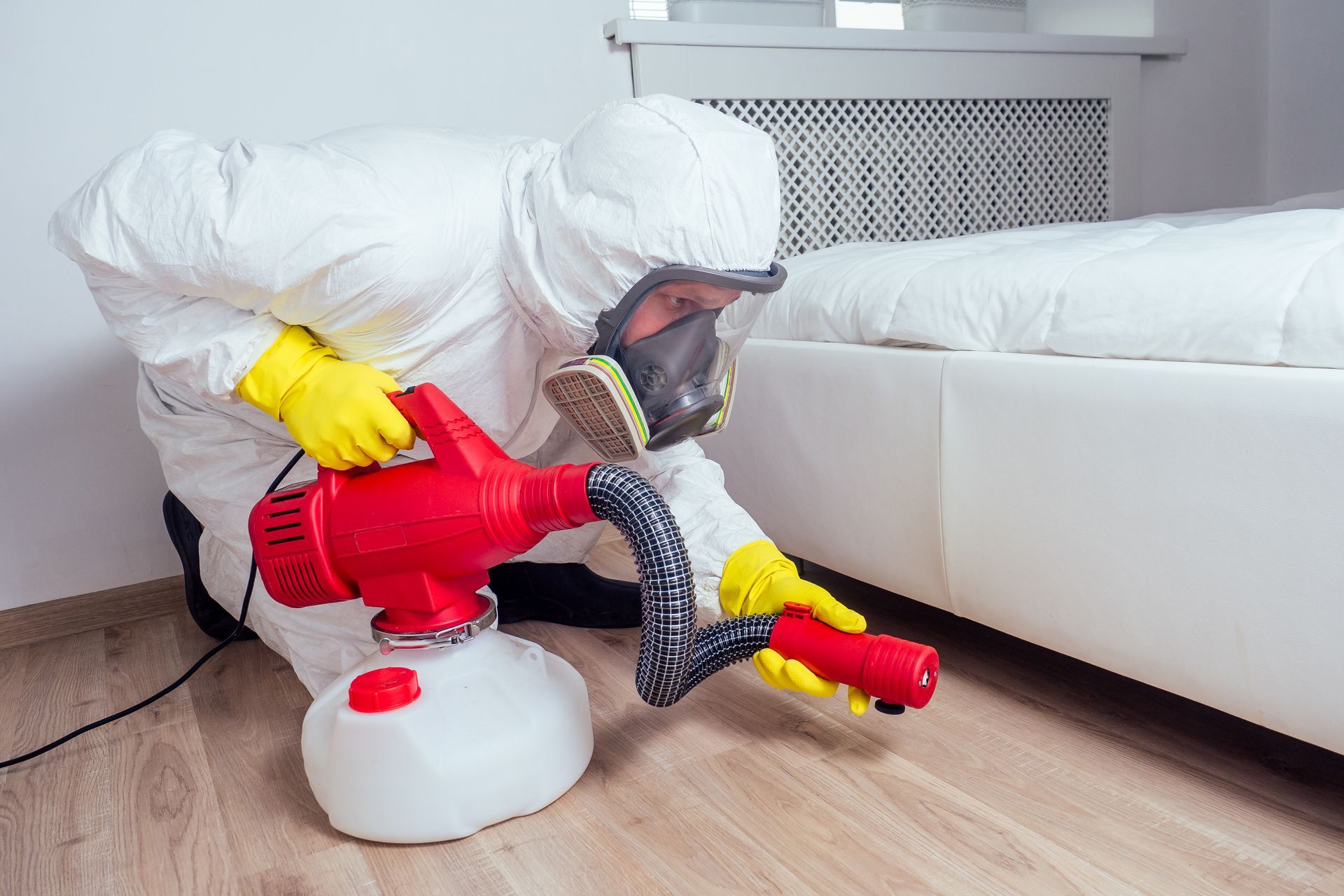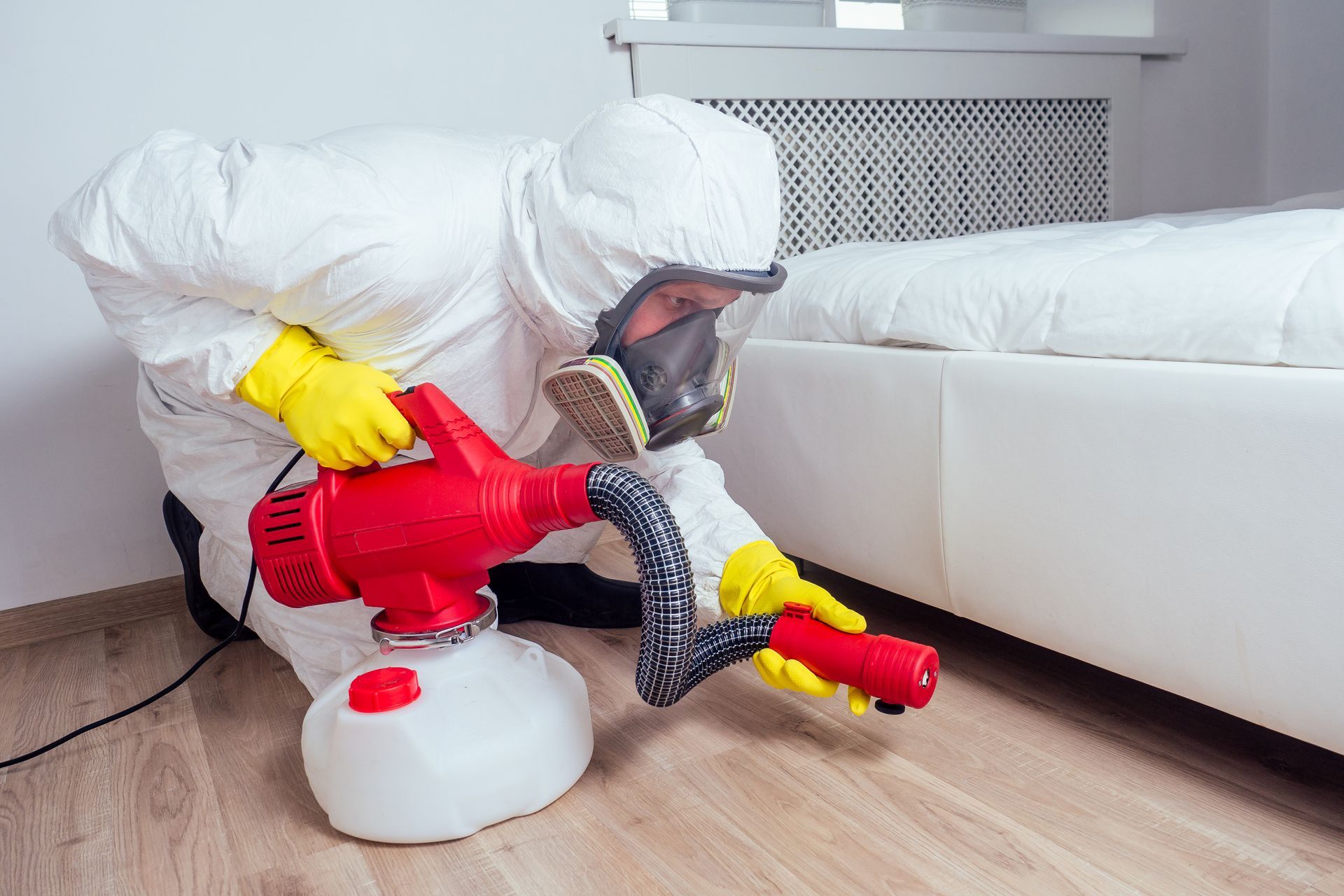Mosquitoes in Winter: Where are they?
Some pests are so monumentally annoying that you actually notice their absence once they’ve left your life. If you live in a climate with warm, humid summers, you know mosquitoes fit this bill perfectly! As winter moves in, the itchy spots they left behind heal and you slowly begin to realize the incessant buzzing around your head has stopped. But what happens to those pesky mosquitoes in winter?
Mosquitoes in Winter: Hibernate or Die
Mosquitoes are cold-blooded and prefer temperatures over 80 degrees. Once temperatures drop below 50 degrees, they close up shop for the season. The adult females of some species find holes where they will hibernate for up to six months. Others lay their eggs in freezing water and die. The eggs enter a state of diapause, a process that suspends their development during the coldest months, allowing them to hatch once it is warm again.
Of course, the lifespans of most mosquitoes are not long. There are 3,500 known species of mosquitoes in the world (175 have been identified in the United States), and most simply die before colder temperatures set in. Males typically live 10 days or less, while females can live about six to eight weeks in ideal conditions. Females typically lay eggs (300 at a time!) up to three times before they die.
Mosquito Prevention Tips
The chances of avoiding mosquitos all together are low, but there are a few precautions you can take to keep them at bay.
- DEET is the #1 recommended mosquito repellent by the CDC. It doesn't mask the smell of the host or jam the insect's senses. Rather, mosquitoes avoid the unpleasant odor, keeping you bite free. The CDC also recommends repellent products that contain picaridin and lemon-eucalyptus oil.
- Some mosquito larvae can be killed using bacteria. Bacillus thuringiensis israelensis (Bti) is a commercially-produced bacteria that produces proteins that become toxic when consumed by the larvae.
- Insecticides work, but only on adult mosquitoes. Permethrin, a common insecticide used in mosquito control, kills mosquitoes on contact by disrupting their central nervous systems. Eggs and larvae, however, are often unaffected, so once the insecticide wears off, mosquitos return.
- Focus on making yourself unattractive to mosquitoes. Heat and sweat are two major attractors for mosquitoes. Wearing lighter-colored clothing can deter them, as dark clothing retains more heat. Keep in mind that they are also attracted to cholesterol, folic acid, and certain bacteria released in sweat, as well as skin lotions and perfume.
If cold temps have you dreaming of sunshine and warm summer nights, just remember: there are no mosquitoes in winter. Celebrate their absence while you can!
While they may hibernate in cold months, late winter is the perfect time to start thinking about your summer plan of attack.
Give us a call to discuss mosquito prevention for your residential or commercial property!











